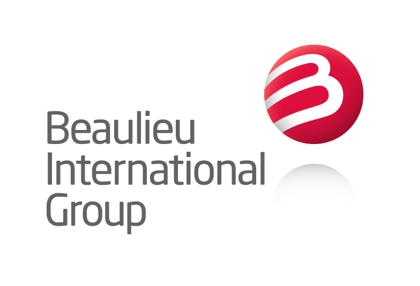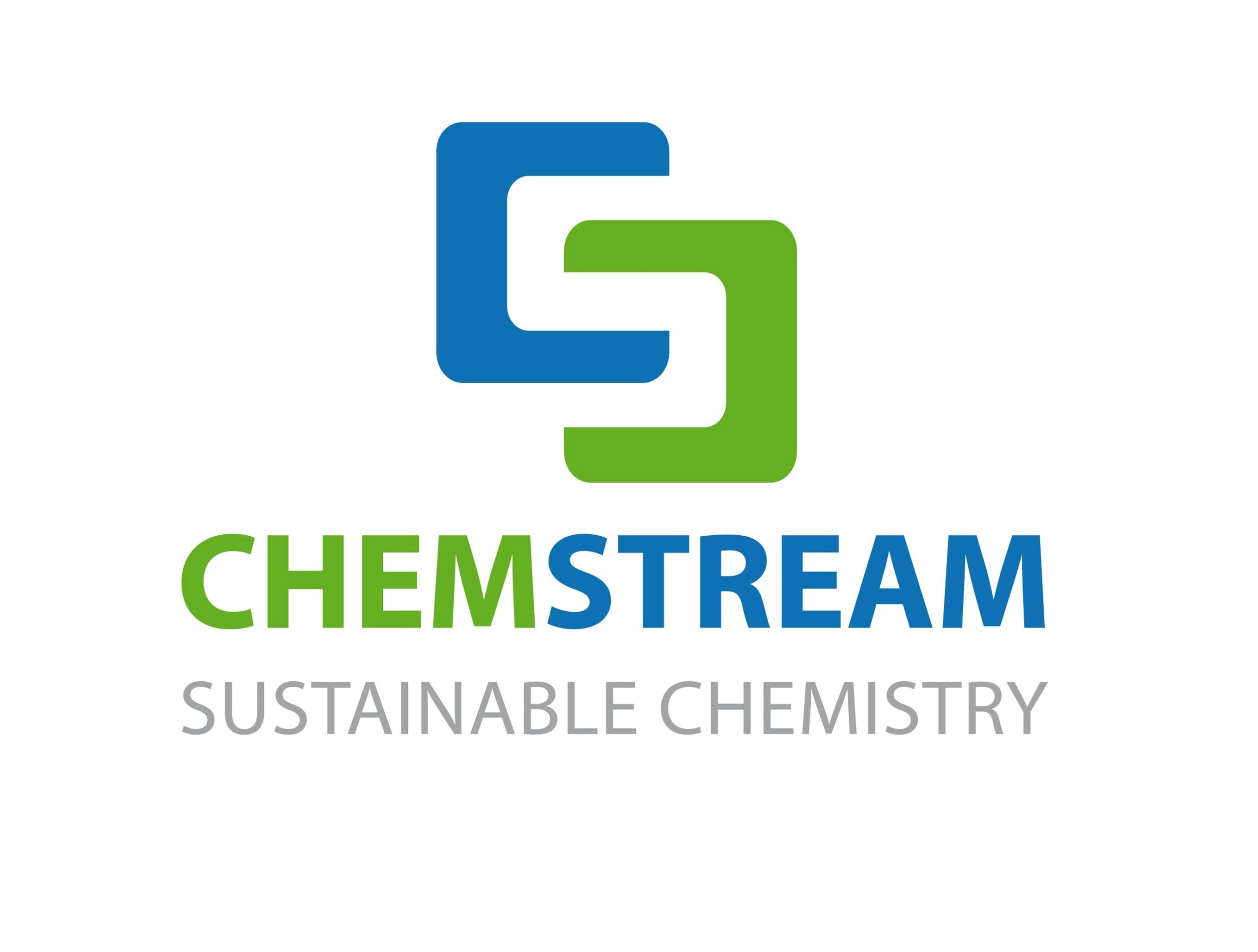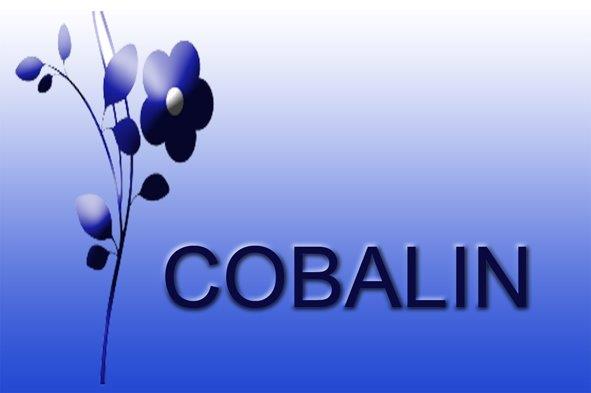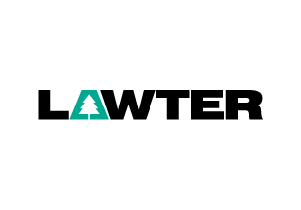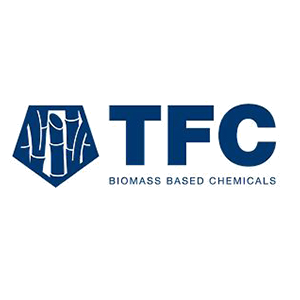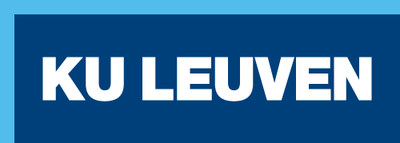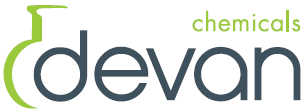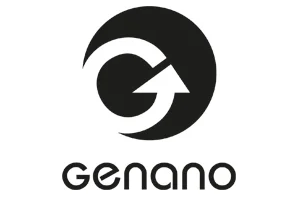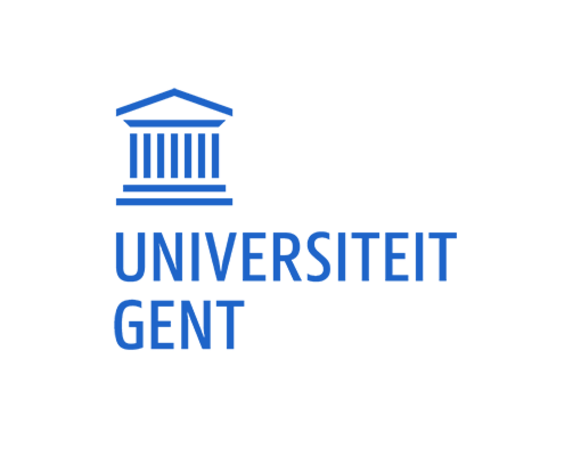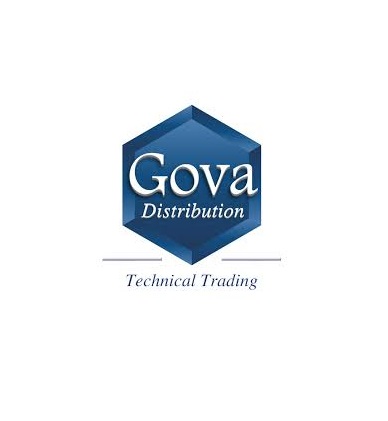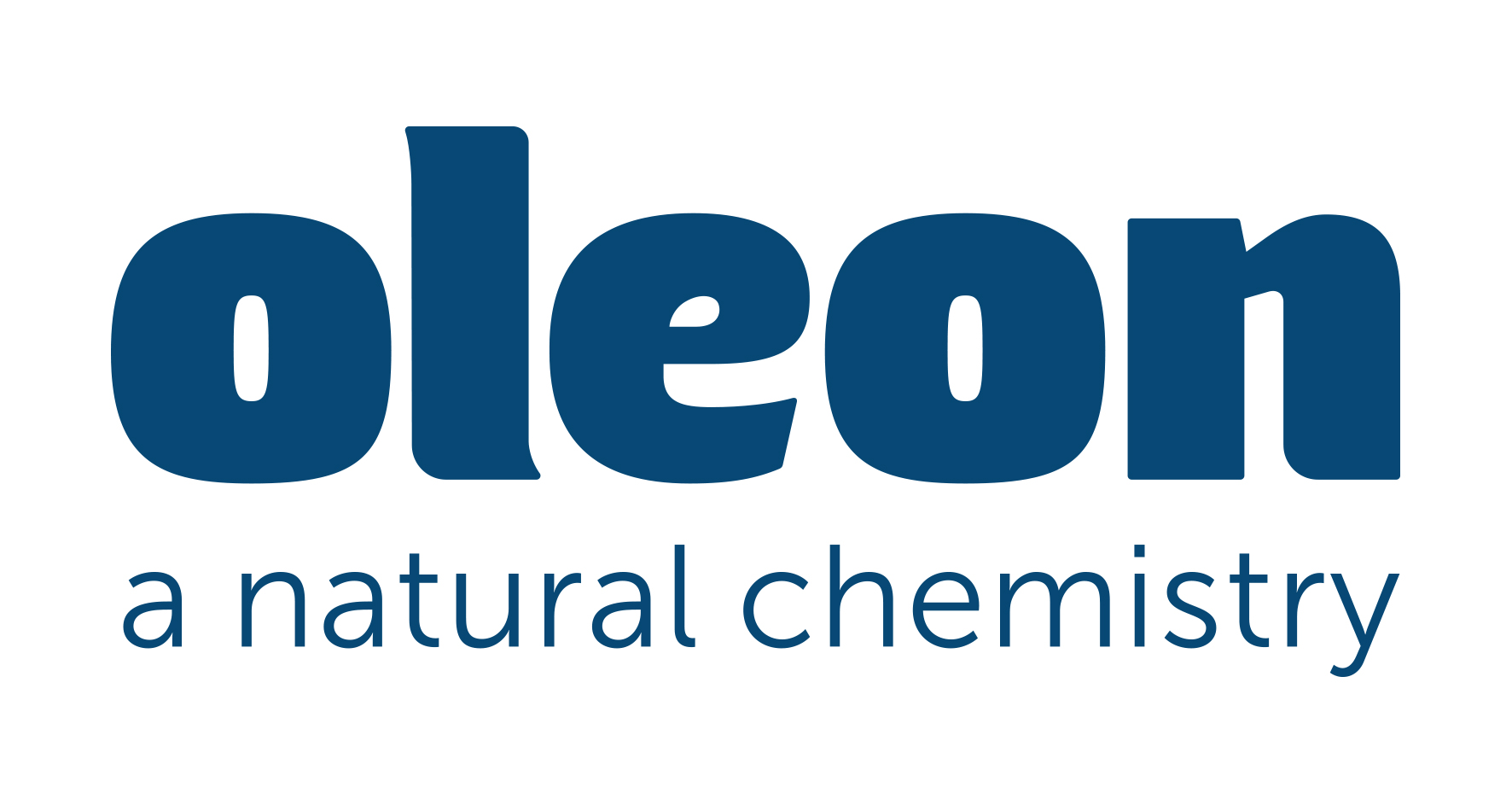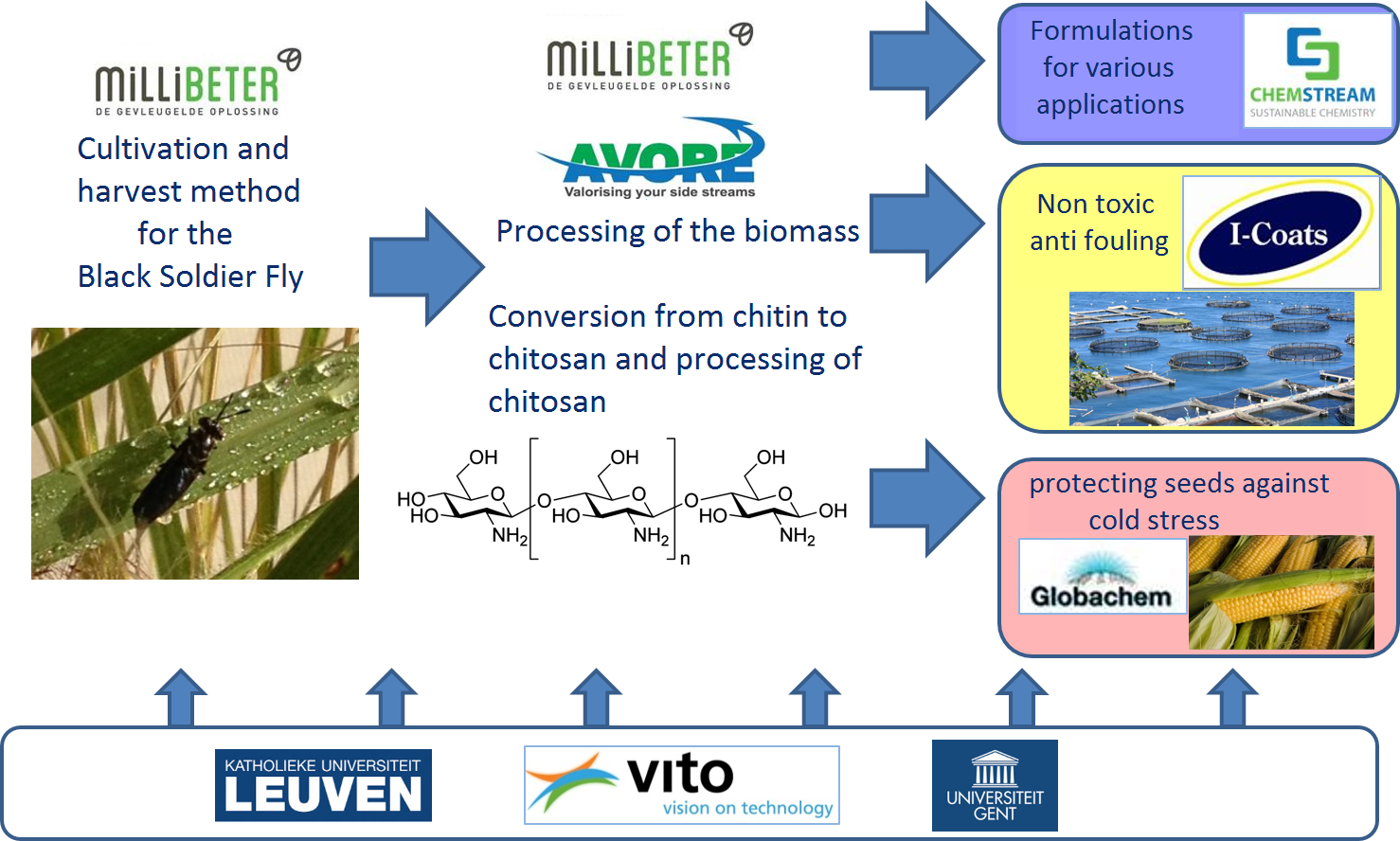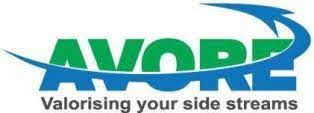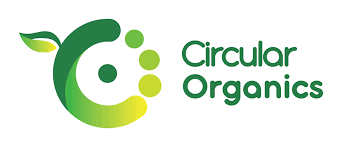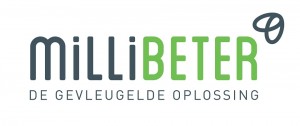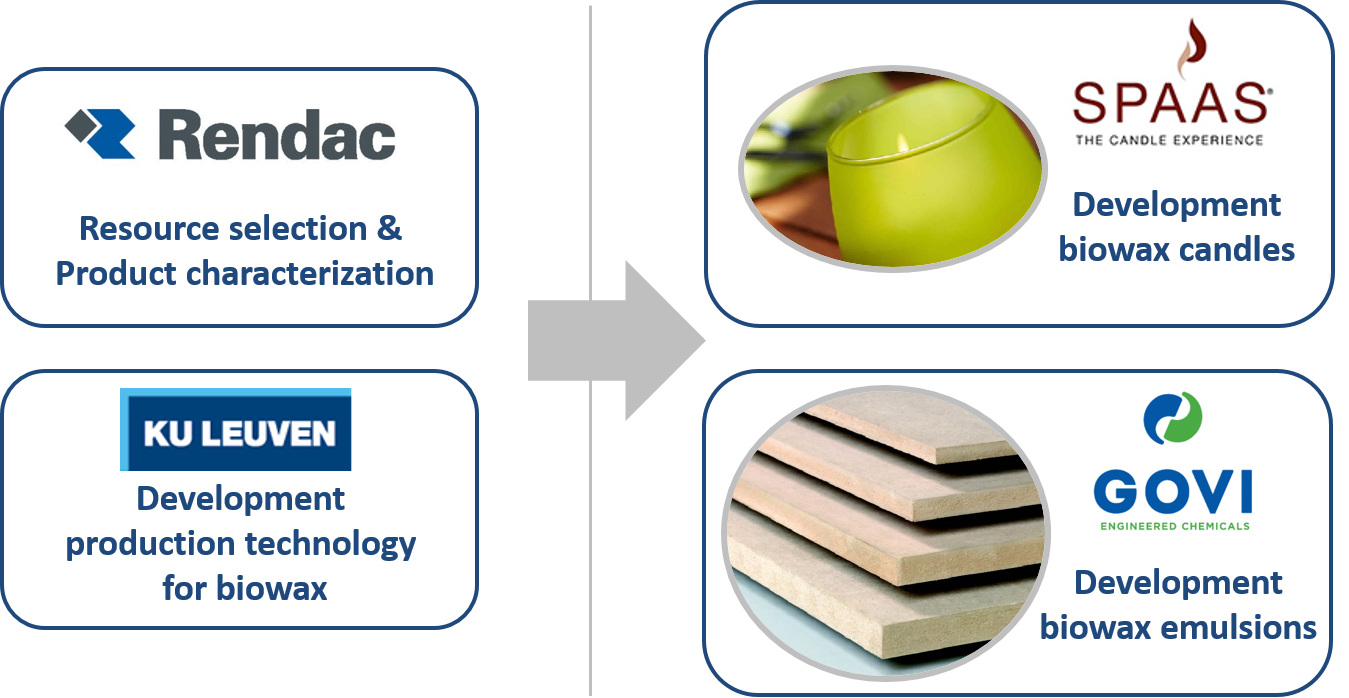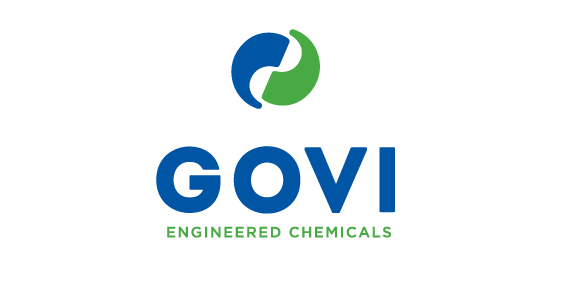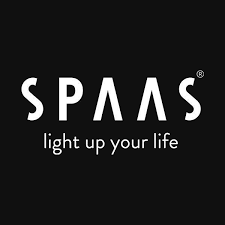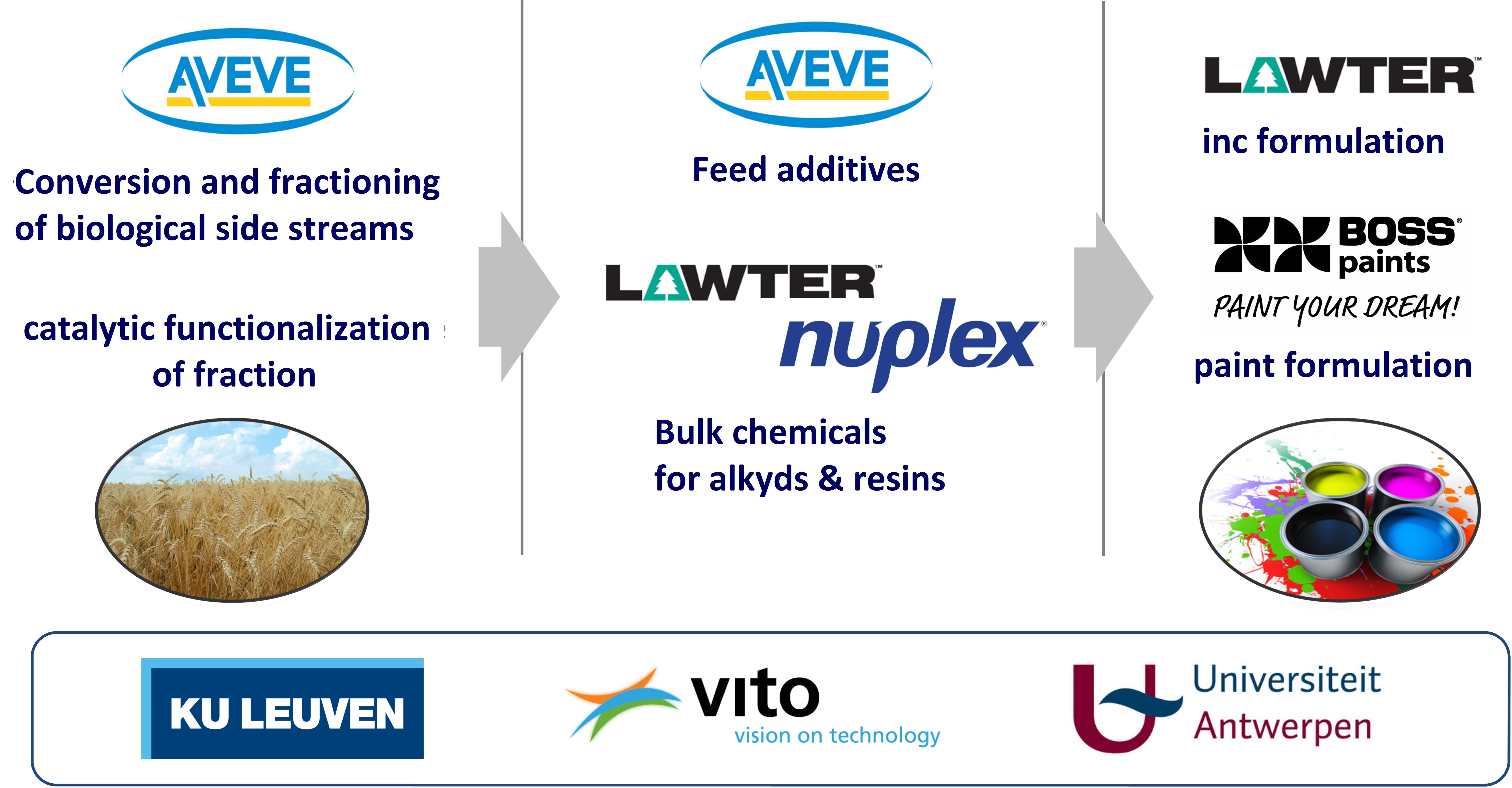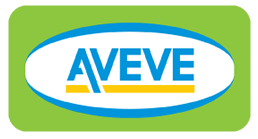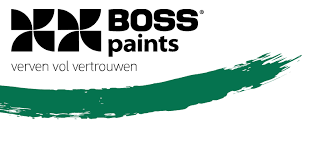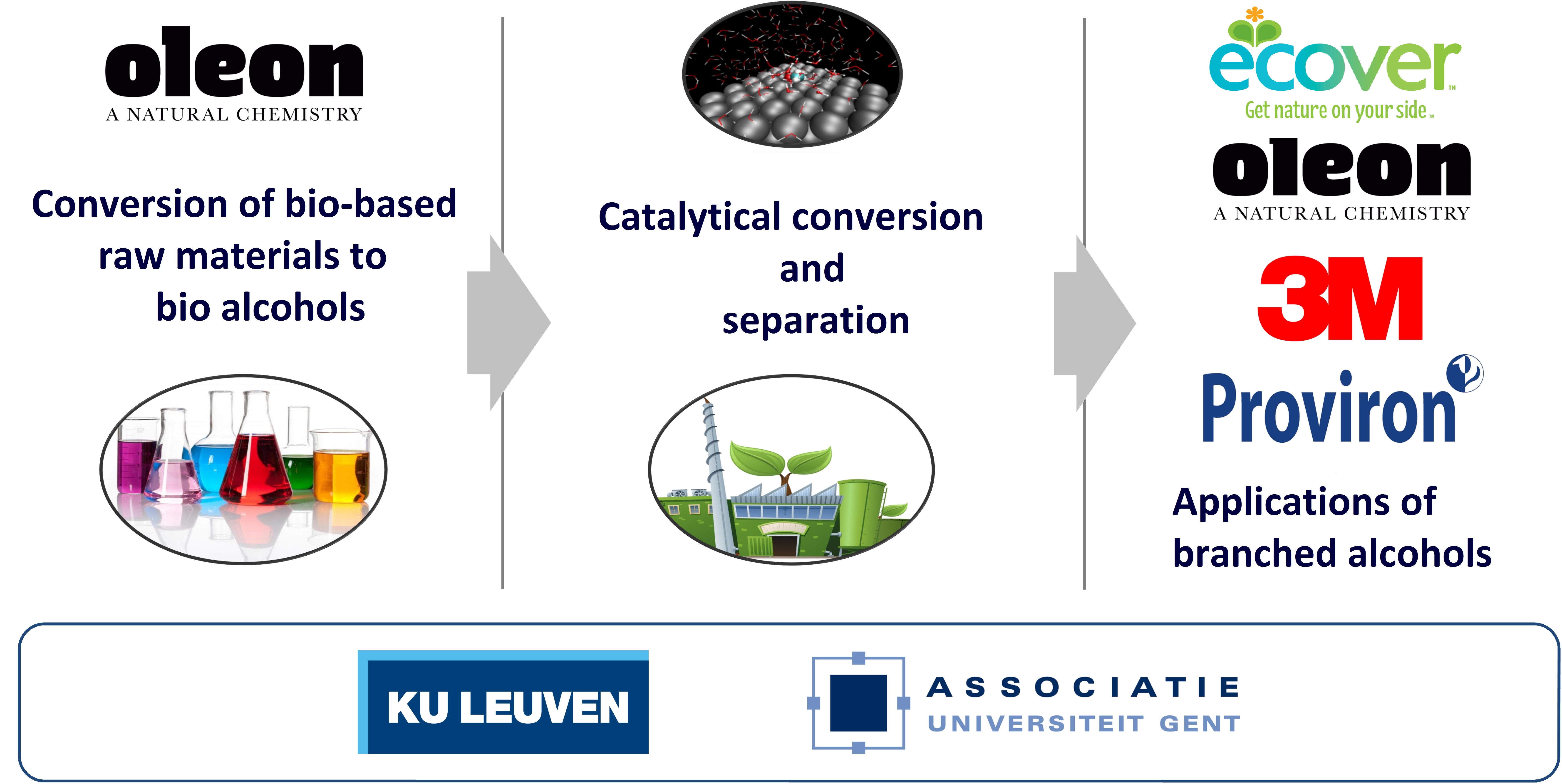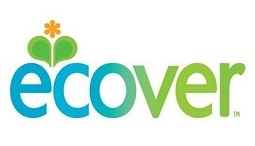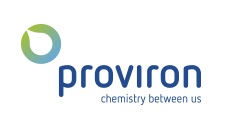Biogenic Catalysts for Air Purification and Sustainable Materials
Goal
The BIOCAPPS project aims to develop diatom microalgae for customized silica based catalysts applied in air purification and sustainablematerialsby means of a sustainable bottom-up self-assembly process. The project includes the cultivation of diatoms and their separationinto biomass and silica frustule towards applications in air purification and biobased material development.
Background
Diatoms are an extremely diverse group of unicellular algae that self-assemble soluble silicon (Si(OH)4) into a porous, intricate siliceous cell wall, called frustule. Diatom frustules possess a unique combination of physical and chemical properties (chemical inertness, high mechanical strength, large surface area, low density, good porosity and highly ordered features from nano to micro scale) making diatom frustules highly promising for use in applications such as light harvesting, chromatography, (photo)catalysis, drug delivery, photonics, biosensors and adsorption. The diatom frustules are formed under ambient conditions and consist of hydrated silica with specific 3D morphologies and micro-, meso or macroporosity. A remarkable characteristic of diatoms is their ability to bioaccumulate soluble titanium out of cell culture medium and incorporates this into the 3D-nano-architecture of the frustule. These natural biosilica-titania materials have excellent properties for catalytic purposes like air purification. Additionally, bioaccumulation of other elements in the frustule as well as the use of pure frustules has great potential as sustainable materials. This project focuses on the valorisation of both the biomass and the frustule portion aiming at a full cradle-to-cradle approach.
Impact
This project will result in two valorisation pathways of diatom frustules. On the one hand an optimized bio-template production process for mesoporous silica-titania catalysts at TomAlgae will lead to an efficient, sustainable, economically and ecologically viable air purification process tested by Genano Benelux/Gevoc. On the other hand Fibreuze can use the optimized silica production process at TomAlgae for the development of biobased materials.
This project aligns with our Renewable Chemicals program . It proposes studying, developing and optimizing a sustainable, biogenic production route for the synthesis of catalysts for air purification that is scalable from lab level to industrial level. This project also proposes to exploit microalgae, a new biomass source.
Project Details
| Project type: |
ICON |
| Approved on: |
19/11/2015 |
| Duration: |
01/01/2016 – 31/12/2017 |
| Total budget: |
€597.554 |
| Subsidy: |
€488.456 |
Project Partners

